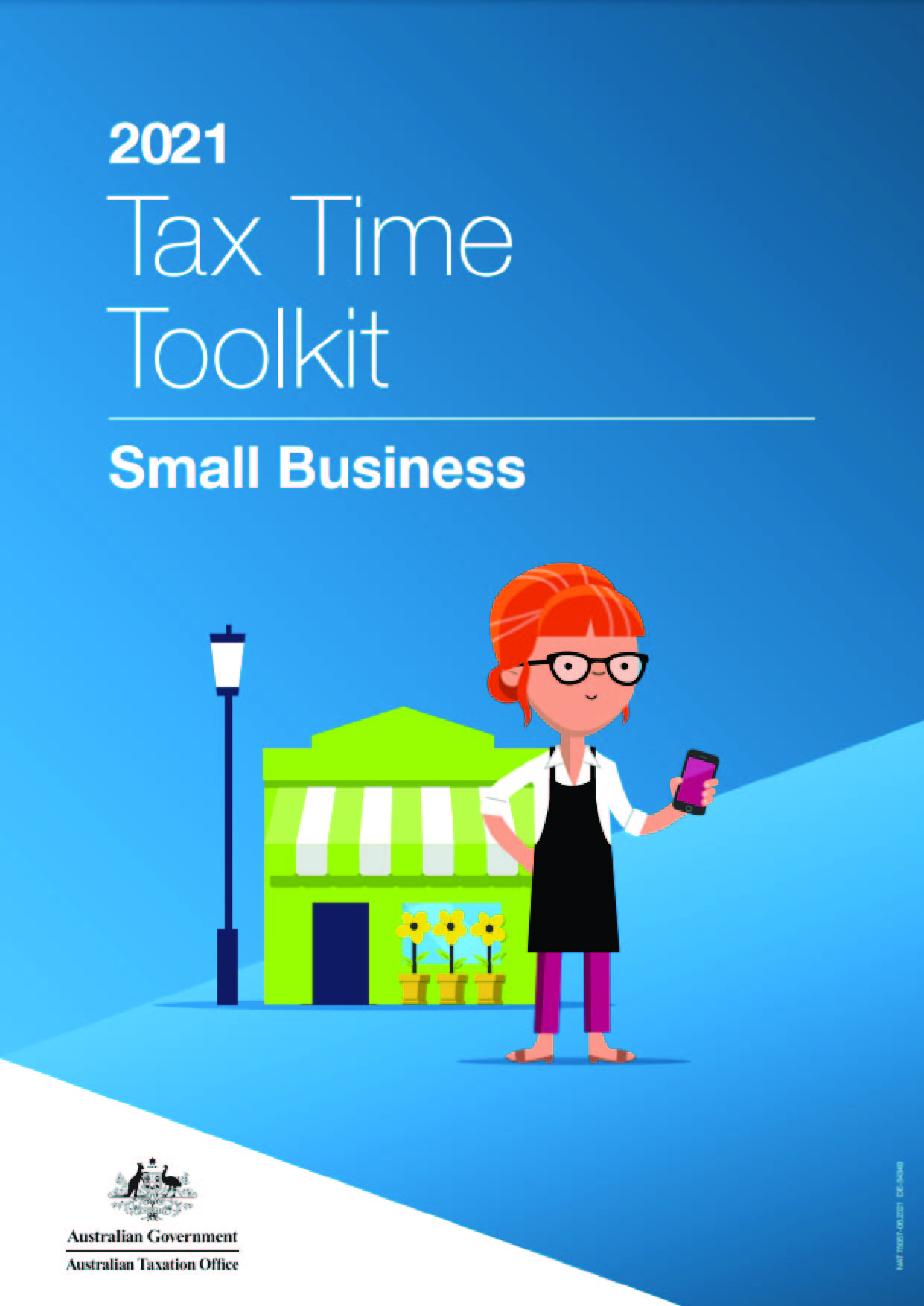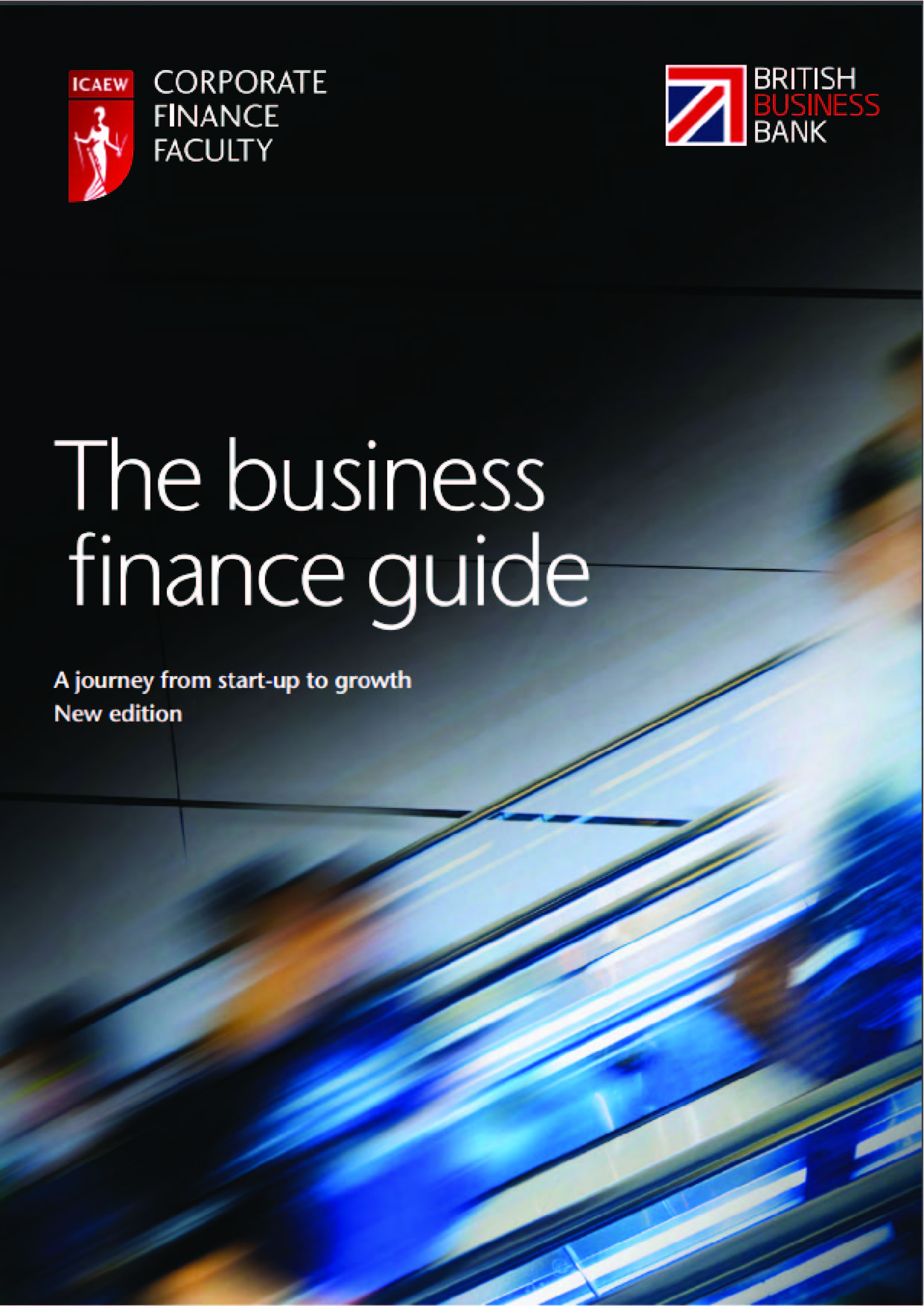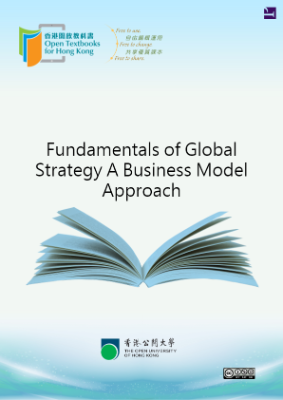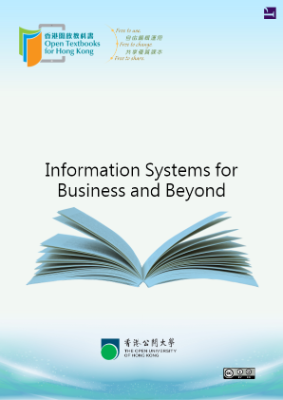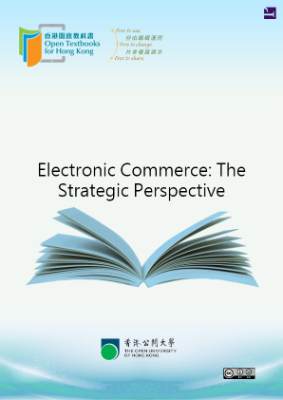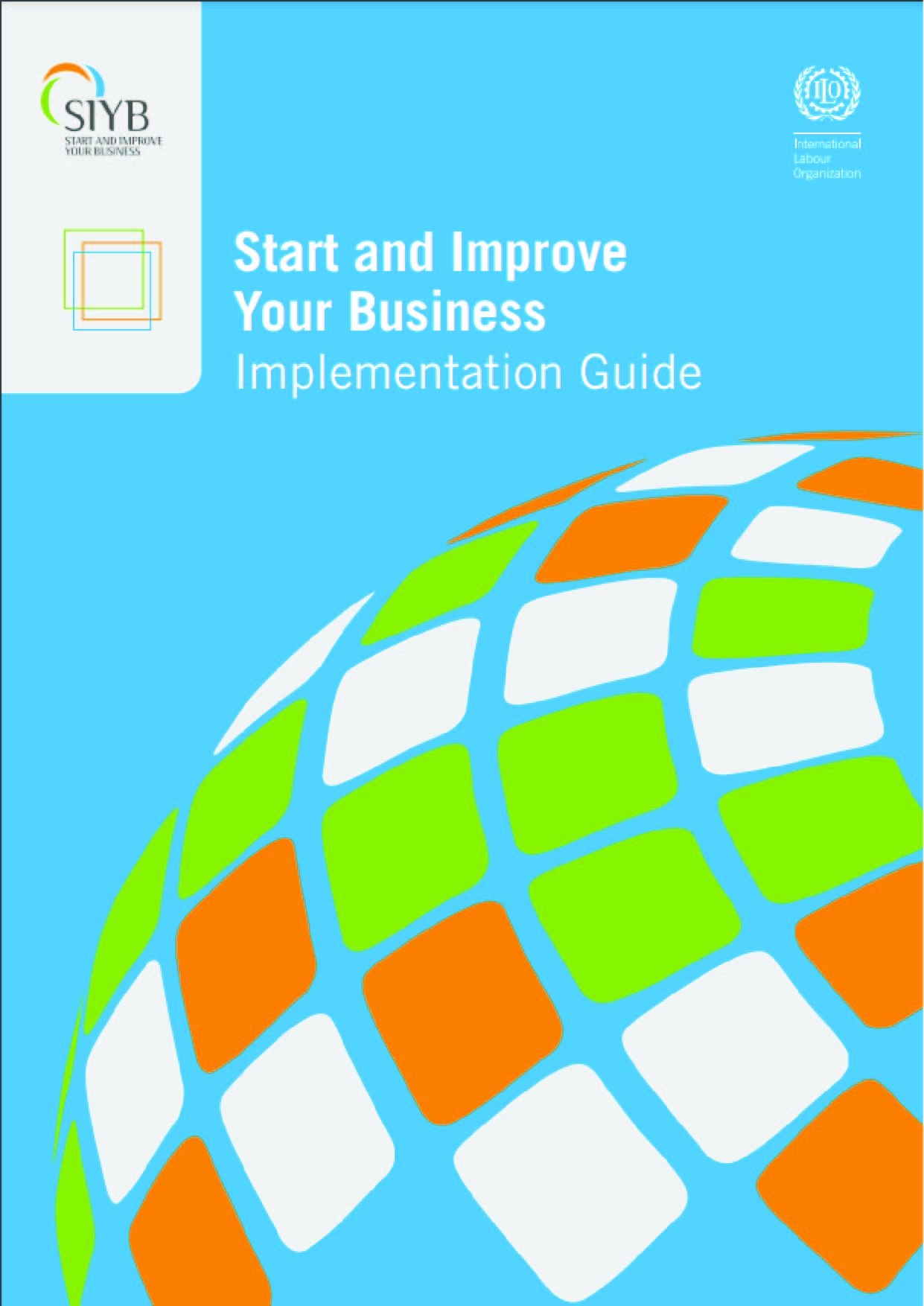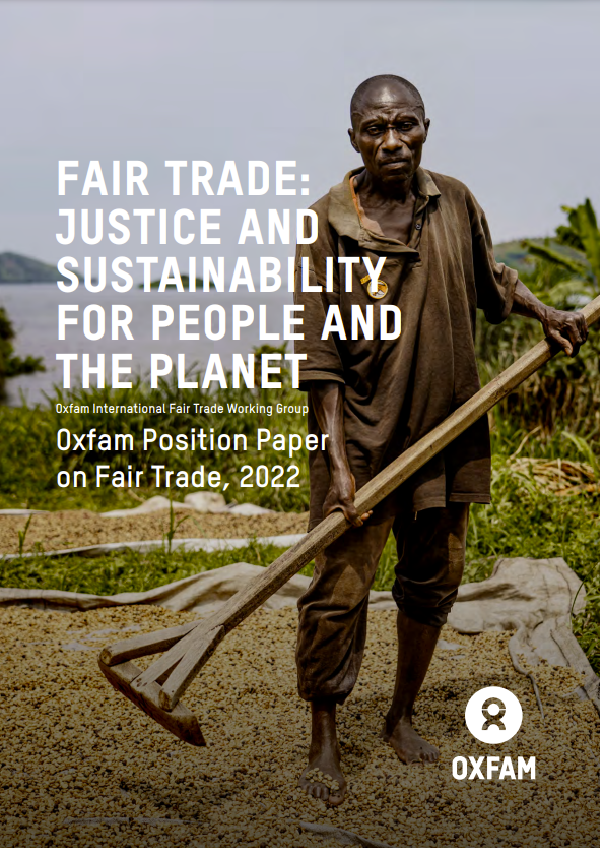Start Up: Economics in the News
2008 seemed to be the year of economic news. From the worst financial crisis since the Great Depression to the possibility of a global recession, to gyrating gasoline and food prices, and to plunging housing prices, economic questions were the primary factors in the presidential campaign of 2008 and dominated the news generally. What causes the prices of some good to rise while the prices of some other goods fall? Price determination is one of the things that we will study in this book. We will also consider factors that lead an economy to fall into a recession—and the attempts to limit it. While the investigation of these problems surely falls within the province of economics, economics encompasses a far broader range of issues. Ultimately, economics is the study of choice. Because choices range over every imaginable aspect of human experience, so does economics. Economists have investigated the nature of family life, the arts, education, crime, sports, job creation—the list is virtually endless because so much of our lives involves making choices.
How do individuals make choices: Would you like better grades? More time to relax? More time watching movies? Getting better grades probably requires more time studying, and perhaps less relaxation and entertainment. Not only must we make choices as individuals, we must make choices as a society. Do we want a cleaner environment? Faster economic growth? Both may be desirable, but efforts to clean up the environment may conflict with faster economic growth. Society must make choices. Economics is defined less by the subjects economists investigate than by the way in which economists investigate them.
Economists have a way of looking at the world that differs from the way scholars in other disciplines look at the world. It is the economic way of thinking; this chapter introduces that way of thinking.
Defining Economics
LEARNING OBJECTIVES
- Define economics.
- Explain the concepts of scarcity and opportunity cost and how they relate to the definition of economics.
- Understand the three fundamental economic questions: What should be produced?
- How should goods and services be produced? For whom should goods and services be produced?
Economics is a social science that examines how people choose among the alternatives available to them. It is social because it involves people and their behavior. It is a science because it uses, as much as possible, a scientific approach in its investigation of choices.




